ايجاد التوازن بين الوباء والتنوع البيولوجي والزراعة - الحلقة 8
IFAD Asset Request Portlet
ناشر الأصول
ايجاد التوازن بين الوباء والتنوع البيولوجي والزراعة - الحلقة 8
25 مايو 2020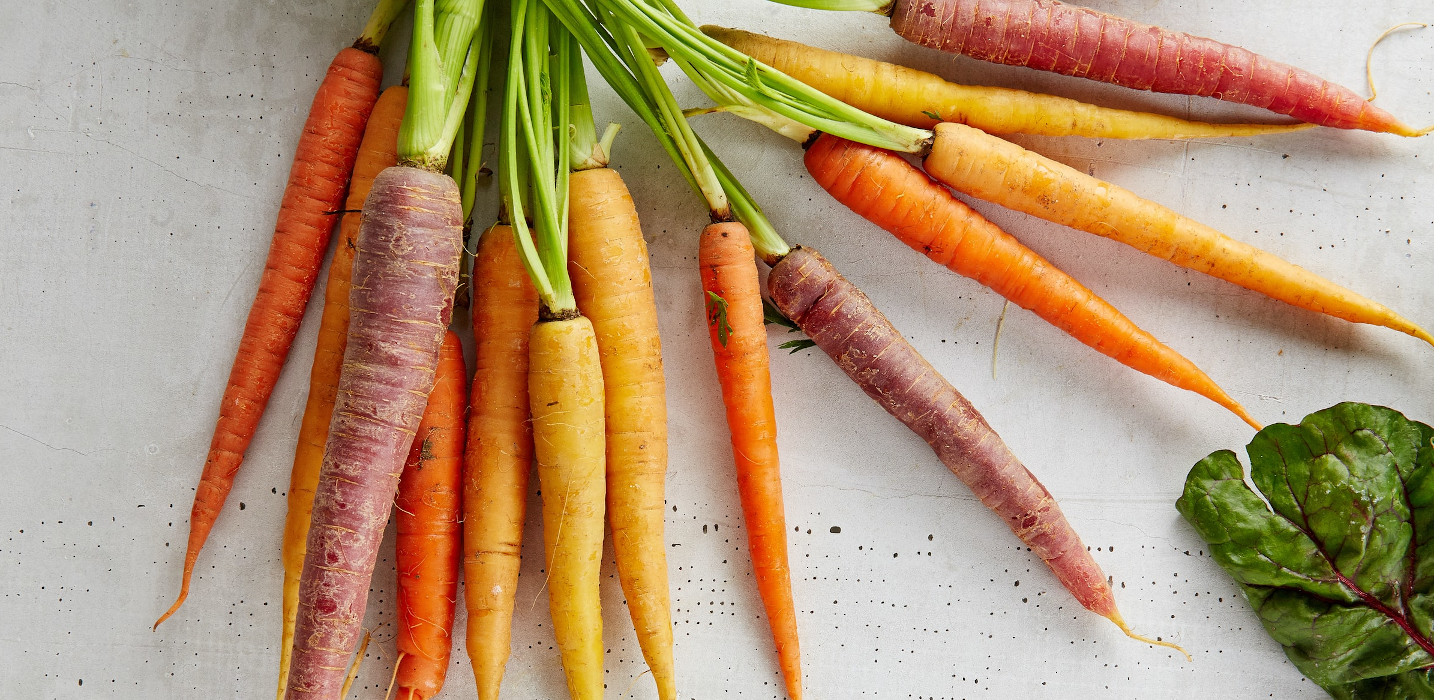
In this month’s programme, we explore how to maintain a balance between battling COVID-19 and promoting farming and biodiversity.
We begin with news from Marie Haga on how farmers in the developing world are dealing with the COVID-19 crisis. Then our UN Goodwill Ambassadors, Idris and Sabrina Elba, talk to us about why they support IFAD and its recently launched Facility that’s designed to deal with the impacts of the crisis. We celebrate World Environment Day with IFAD's Margarita Astralaga. And we have the latest on biodiversity and farming, and why land rights are so important.
Plus, Italian celebrity chef Carlo Cracco tells us all about his experiences visiting IFAD projects and why he thinks governments should be investing in rural communities. We also hear from two more of our Recipes for Change chefs: Lance Seeto in Fiji, and our newest celebrity chef, Bela Gil in Brazil. They’re checking in with some updates from around the globe – and some more delicious recipes.
Episode Contents
- Marie Haga: Food supplies and the role of agriculture during the COVID-19 crisis
- Idris and Sabrina Elba: IFAD’s US$200 million coronavirus relief fund
- Margarita Astralaga: It’s all about balance
- Philip Audebert and Jihae Kwon: Biodiversity and farming double-header
- Harold Liversage: Land rights
- Chef Carlo Cracco: Common threats to farmers
- Chef Lance Seeto: A delicious recipe from ingredients you’ve already got at home
- Chef Bela Gil: A holistic, conscious approach to food
- Coming up in June
Marie Haga: Food supplies and the role of agriculture during COVID-19
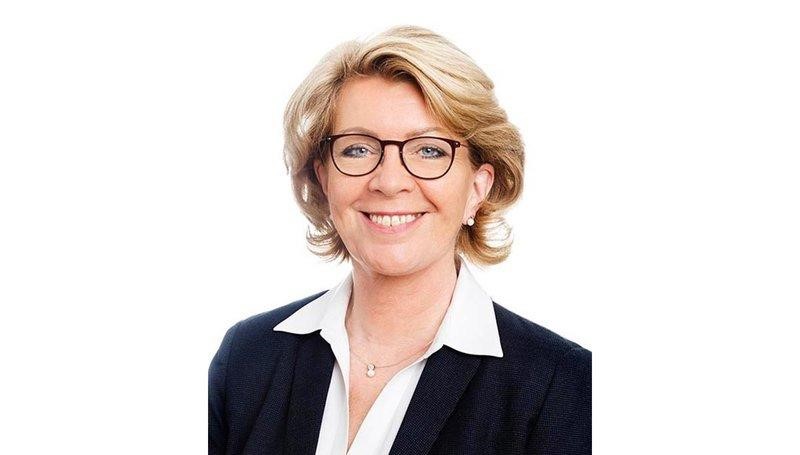
Marie Haga, IFAD’s Associate Vice President of External Relations and Governance
The COVID-19 crisis is calming down in some areas – but the danger hasn’t passed. That danger is on two fronts: global health – specifically, the potential for a second wave; and economics.
Today, food supplies and the role of the agriculture sector are at the front of the popular consciousness in a way we haven’t seen since the Second World War some 75 years ago. Marie Haga, IFAD’s Associate Vice President of External Relations and Governance, spoke with us about how IFAD is dealing with the new normal.
Idris and Sabrina Elba: IFAD’s US$200 million coronavirus relief fund
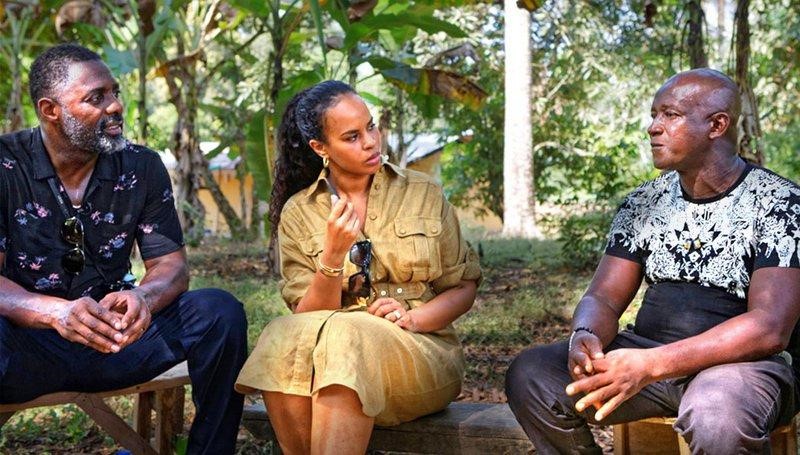
Idris and Sabrina Elba, IFAD’s UN Goodwill Ambassadors
World-renowned actor Idris Elba and his wife, activist, model and actress Sabrina Dhowre Elba, have launched an appeal for IFAD’s US$200 million coronavirus relief fund for rural communities.
The Elbas, recently named IFAD’s UN Goodwill Ambassadors, are calling for international action to prevent economic shocks caused by the COVID-19 pandemic from triggering a global hunger and food crisis. With US$40 million in seed money from IFAD, the multi-donor COVID-19 Rural Poor Stimulus Facility aims to raise at least an additional US$200 million from governments, foundations and the private sector.
Support from this Facility will help rural people in developing countries continue to grow their crops, keep their businesses open and maintain access to financial services and markets, even as their countries go into lockdown and movements are restricted.
IFAD has recently seen that, in some countries affected by the pandemic, food prices are already rising, and productivity and household incomes are falling. IFAD is already at work securing food supply chains in a number of countries by ensuring farmers can access seeds and other inputs. We are also helping with the purchase and storage of produce – and we’re working with governments to keep transport routes open to farmers so they can sell their goods.
Margarita Astralaga: It’s all about balance
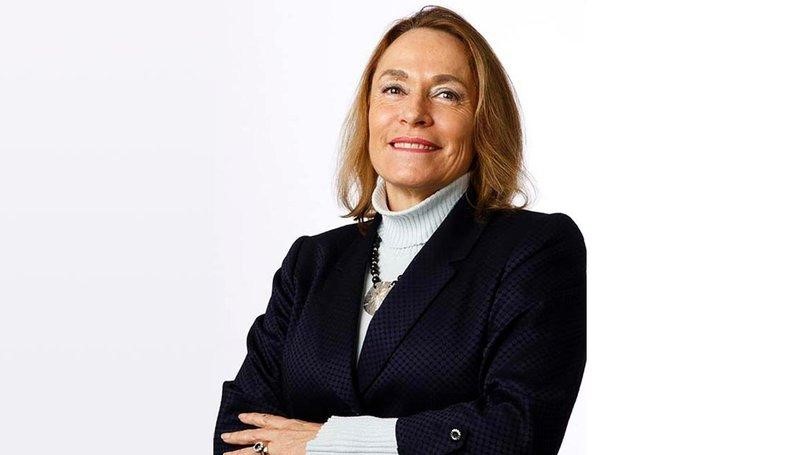
Margarita Astralaga, Director of IFAD’s Environment, Climate, Gender and Social Inclusion Division
World Environment Day takes place every year on 5 June. It’s the United Nations’ flagship day for promoting worldwide awareness and action for the environment.
Over the years, this day has grown to be one of the largest global platforms for environmental public outreach. Today, it is celebrated by millions of people in more than a hundred countries.
This year’s theme is celebrating biodiversity. In a world that’s facing up to new challenges in the post-pandemic landscape, how should we go about balancing the sometimes-opposing demands of agriculture versus the environment? IFAD’s Margarita Astralaga joins us for a discussion.
Philip Audebert and Jihae Kwon: Biodiversity and farming double-header
If we’re going to develop the agriculture sector and improve food security sustainably, we have to do it in balance with nature – that is, we need to preserve biodiversity.
Philip Audebert and Jihae Kwon are economists working with the UN’s Food and Agriculture Organization. They’ve developed the Biodiversity Integrated Assessment and Computation Tool (B-INTACT), formerly known as EX-ACT Biodiversity, which measures the impact of agriculture on biodiversity.
Our reporter Rene Castro recently spoke with them about the ways agriculture can affect biodiversity and what some of the consequences of these interactions might be, especially when it comes to food security.
Harold Liversage: Land rights
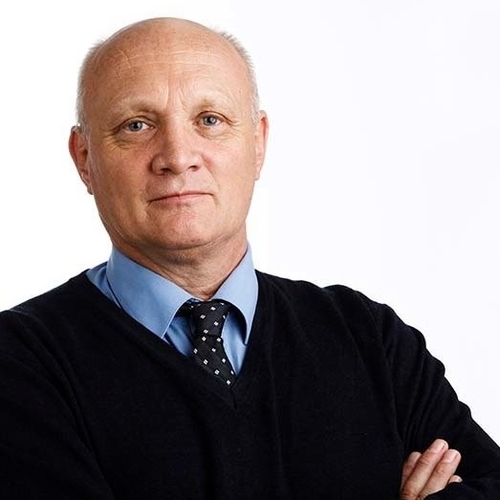
Harold Liversage, IFAD’s Land Tenure Specialist
The rapid growth in population in many parts of the world, coupled with land degradation and, of course, climate change – all of this puts increased pressure on limited land resources. And strained land resources have big consequences for smallholder farmers in developing countries.
We sat down with Harold Liversage, a Land Tenure Specialist for IFAD, to discuss how these factors play out, especially amongst the worst-affected groups.
Chef Carlo Cracco: Common threats to farmers
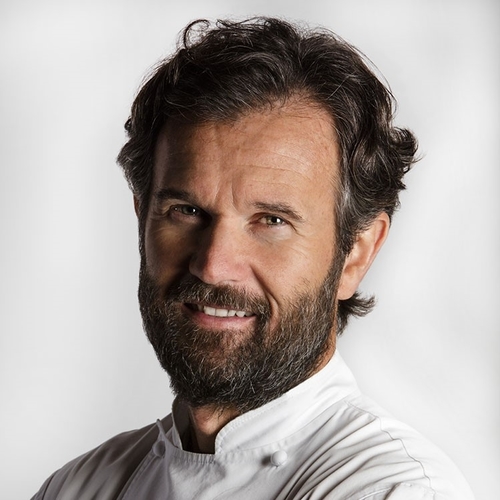
Chef Carlo Cracco
Italian celebrity chef Carlo Cracco has been working with IFAD for five years now. Loved by audiences in Italy and abroad, Chef Cracco has shone a spotlight on the issues facing smallholder farmers, particularly climate change.
He’s also been filming IFAD’s popular Recipes for Change series in Morocco, Cambodia and Bhutan. At each stop, he gets the chance to cook a meal with a family, letting us get to know the family farmers behind the headlines – and the agricultural challenges they face.
We recently spoke with him about the common threats that many farmers around the word are currently facing, and the ways IFAD is supporting these farmers as they face up to the climate crisis.
Chef Lance Seeto: A delicious recipe from ingredients you’ve already got at home
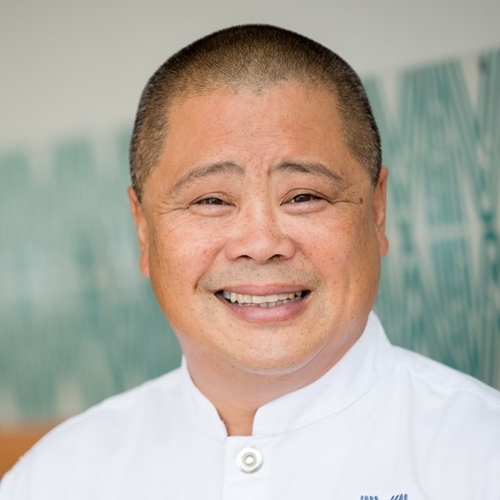
Chef Lance Seeto
As we confront the implications of the coronavirus pandemic, we’ve asked Lance Seeto, one of our Recipes for Change chefs, to come up with a recipe idea from ingredients you’ve already got in your home cupboard.
Before the outbreak restricted travel among the Pacific Islands, Chef Seeto had visited an IFAD project in Tonga. Through his close work with the rural communities on the front lines of climate change, he knows first-hand that they already face threats to their food security and nutrition. Now they have an added threat to their health: the knock-on economic effects of the pandemic.
Chef Seeto checks in with us from Fiji. In addition to that recipe, he shares his insights on how IFAD is working with farmers to build a resilient future.
Chef Bela Gil: A holistic, conscious approach to food

Chef Bela Gil
We’ve also heard from a new member of IFAD’s Recipes for Change family of chefs. We’re excited to introduce you to Chef Bela Gil from Sao Paolo.
Through her books, TV shows, and social media (with 2.5 million followers and counting), Bela advocates for a holistic, conscious approach to food as well as a zero-waste lifestyle, healthy maternity practices, and improved childhood nutrition.
Last year, she was awarded the Zero Hunger Medal by the UN’s Food and Agriculture Organization for her efforts and accomplishments in the fight against malnutrition and world hunger.
Coming up in June
All our featured recipes can be found here.
We’ll be back at the end of June with more news fresh from the farm – and this time with a youthful perspective with our guest presenter, Julia Guimaraes.
Thanks to our producer Francesco Manetti and our reporters Julia Guimaraes, Rene Castro and Enza Falco – and everyone else who’s worked on this programme.
Remember, we want to hear from you!
What do you think about the stories and issues we’ve discussed – and who do you want us to be talking to? Get in touch with us at [email protected]. Send us your voice or text messages to that address and we’ll be happy to play you out in the next show.
And don’t forget to subscribe to this podcast via your favourite podcast platform – where we would love to receive your rating and review, too!